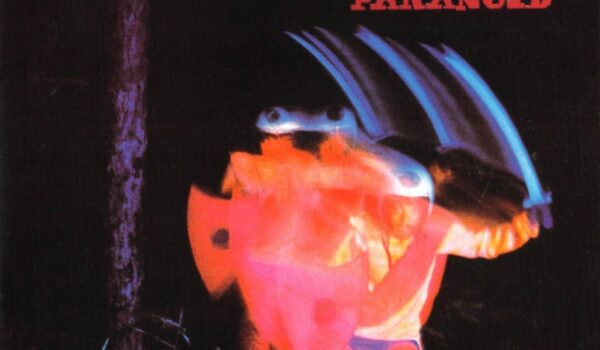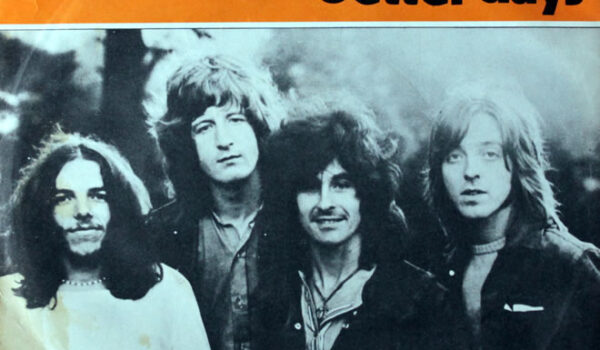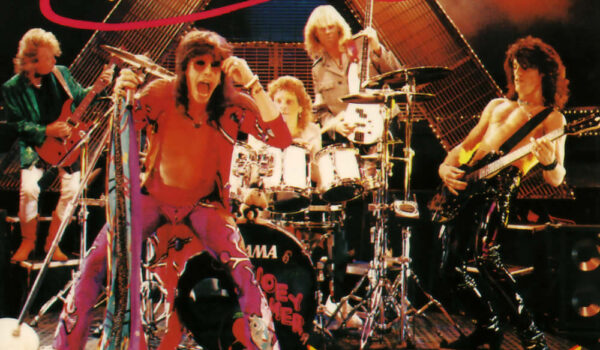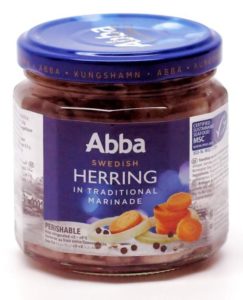American blues singer and musician McKinley Morganfield was born on 4 April 1913, (although his place and date of birth are not conclusively known). He became known professionally as Muddy Waters, and became an important figure in the post-World War II blues scene, and is often cited as the “father of modern Chicago blues”.
His grandmother, Della Grant, raised him after his mother died shortly after his birth. Grant gave him the nickname “Muddy” at an early age because he loved to play in the muddy water of nearby Deer Creek.
Waters grew up on Stovall Plantation near Clarksdale, Mississippi, and by age 17 was playing the guitar and the harmonica, emulating local blues artists Son House and Robert Johnson. He was first recorded in Mississippi by Alan Lomax for the Library of Congress in 1941.
In 1943, Muddy headed to Chicago with the hope of becoming a full-time professional musician. He recalled arriving in Chicago as the single most momentous event in his life. He lived with a relative for a short period while driving a truck and working in a factory by day and performing at night.
In 1944, he bought his first electric guitar and formed his first electric combo. He felt obliged to electrify his sound in Chicago because, he said, “When I went into the clubs, the first thing I wanted was an amplifier. Couldn’t nobody hear you with an acoustic.”
He began recording for Aristocrat Records in 1946, a newly formed label run by the brothers Leonard and Phil Chess. Soon after, Aristocrat changed its name to Chess Records. Muddy Waters’s signature tune ‘Rollin’ Stone’ also became a hit in this year.
In the early 1950s, Muddy Waters and his band—Little Walter Jacobs on harmonica, Jimmy Rogers on guitar, Elga Edmonds on drums and Otis Spann on piano—recorded several blues classics. These songs included ‘Hoochie Coochie Man,’ ‘I Just Want to Make Love to You’ and ‘I’m Ready’.
1956 saw the release of one of his best-known numbers, ‘Got My Mojo Working’. Written by Preston “Red” Foster with some different lyrics and a new musical arrangement by Waters. It was a feature of his performances throughout his career, with a live version recorded in 1960 identified as the best known. Waters’ rendition has received several awards. In 1999, it received a Grammy Hall of Fame Award and it is identified as one of the “Songs of the Century” by the RIAA.
In 1958, Waters travelled to England, laying the foundations for the resurgence of interest in the blues there.
The Rolling Stones are named after Muddy’s 1950 hit ‘Rollin’ Stone’. According to Keith Richards, Brian Jones named the band during a phone call to Jazz News. When asked by a journalist for the band’s name, Jones saw a Muddy Waters LP lying on the floor; one of the tracks was ‘Rollin’ Stone’.
His performance at the Newport Jazz Festival in 1960 was recorded and released as his first live album, At Newport 1960.
In 1967, he re-recorded several blues standards with Bo Diddley, Little Walter, and Howlin’ Wolf, which were marketed as Super Blues and The Super Super Blues Band albums in Chess’ attempt to reach a rock audience.
Eric Clapton was a big fan of Muddy Waters growing up and his band Cream covered ‘Rollin’ and Tumblin” on their 1966 debut album, Fresh Cream. The Led Zeppelin hit ‘Whole Lotta Love‘ has lyrics heavily influenced by the Muddy Waters hit ‘You Need Love’ (written by Willie Dixon). Angus Young has cited Muddy as an influence and the AC/DC song ‘You Shook Me All Night Long’ came from lyrics of Waters’ song ‘You Shook Me’.
In 1972, he won his first Grammy Award, for Best Ethnic or Traditional Recording for They Call Me Muddy Waters, a 1971 album of old, but previously unreleased recordings.
In 1982, declining health dramatically stopped his performance schedule. His last public performance took place when he sat in with Eric Clapton’s band at a concert in Florida in the summer of 1982.
Muddy Waters died in his sleep from heart failure, at his home in Westmont, Illinois, on April 30, 1983, from cancer-related complications.
The post Muddy Waters appeared first on This Day In Music.






Comments